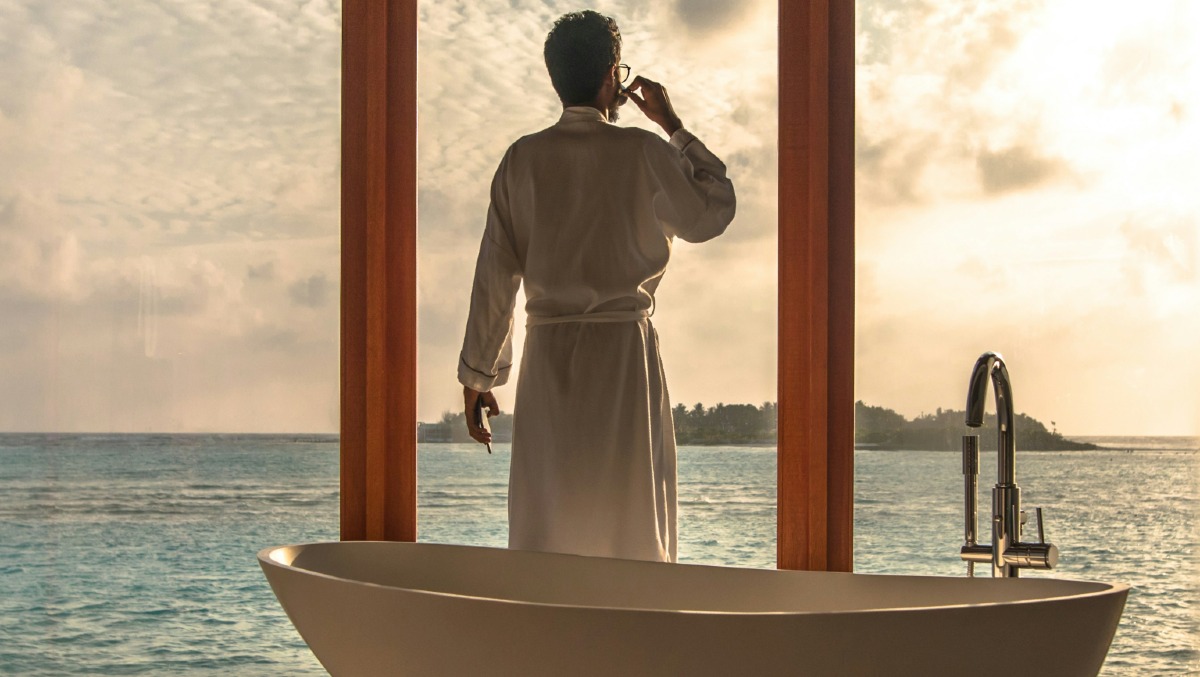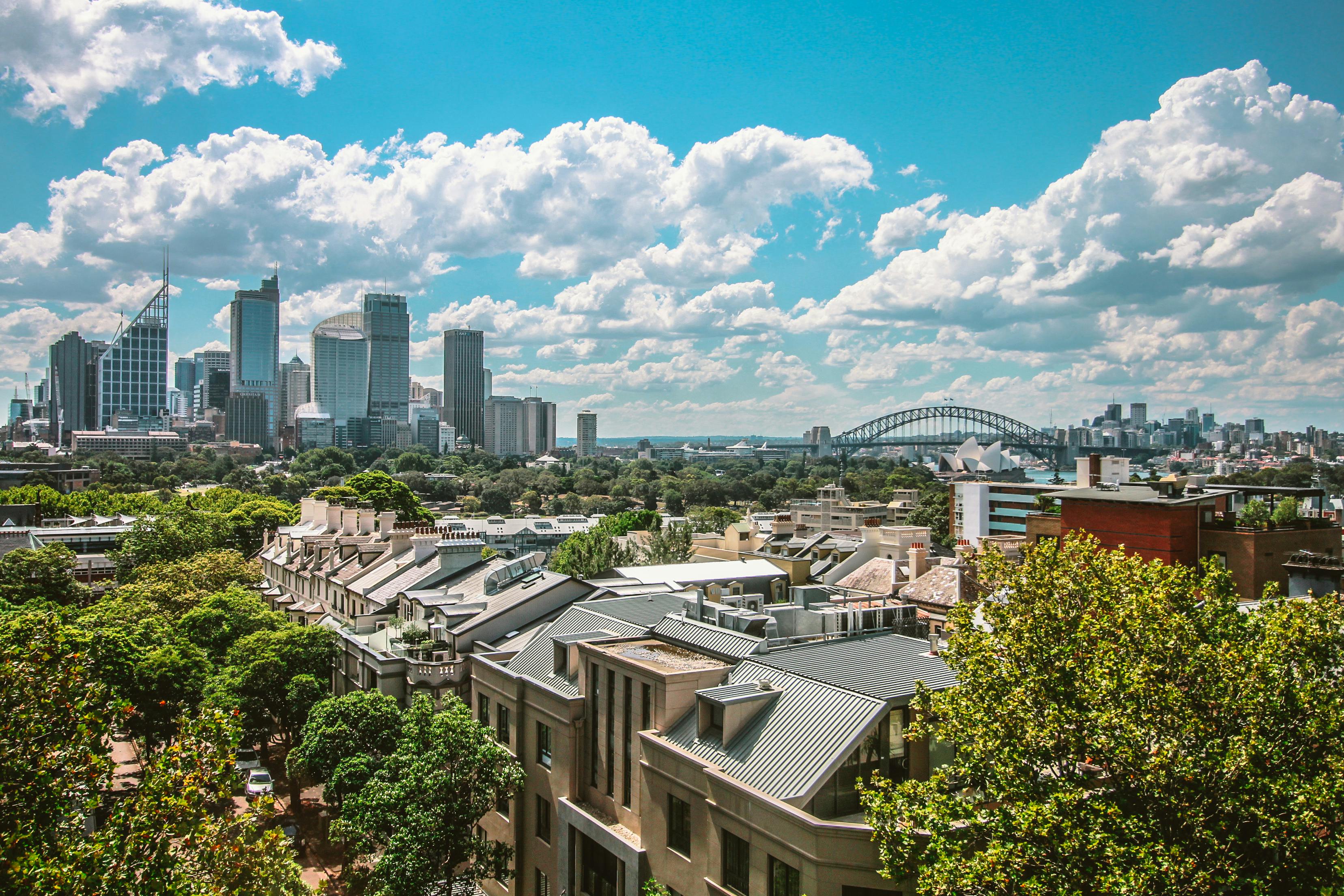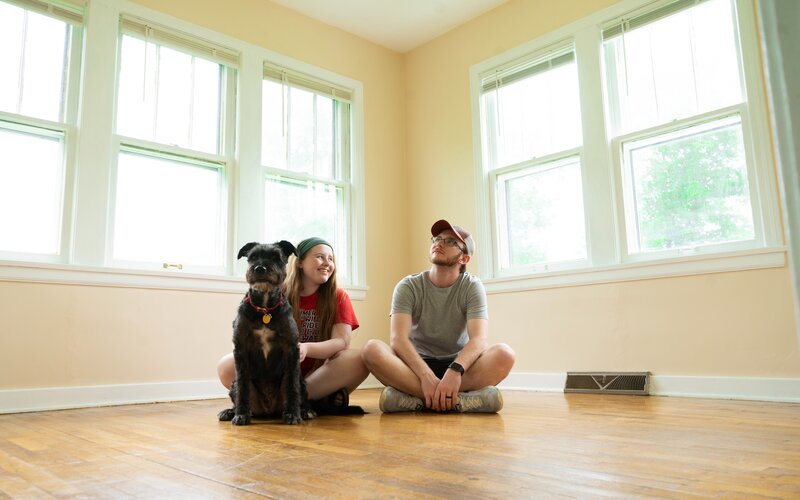The trade-off between buying a home and exploring the world was most apparent between 18-24 year-olds, with 50% saying they would rather be well-travelled than own a home.
Those were the key findings from ME Bank’s recent travel survey of 1,000 Australians who had travelled overseas in the last 10 years.
ME Bank’s money expert Matthew Read said there could be a couple of reasons behind younger people’s preference to travel rather than own a home.
“Younger people’s tendency to value travel more than homeownership could be a factor of youth, but also the current price of housing may be playing into the choice as homeownership becomes less attainable,” Mr Read said.
House prices in most Australian cities are surging, driven by the Sydney and Melbourne property markets where prices have jumped by 2.7% and 2.2% in November, according to CoreLogic’s November Home Value Index Results.
The survey also looked at the importance of travel in the context of other life goals and found that a third of Aussies have delayed life milestones, such as getting married, having kids and buying a home, in favour of travelling overseas.
Aussies willing to go into debt for travel
When asked what experiences or big-ticket items are worth going into debt for, 20% said they would go into debt for travel. Over half (58%) said they would be willing to go into debt to buy a home, 29% for education, and 28% for a business venture.
Under a quarter (19%) of those surveyed said they had gone into debt to travel overseas, while a further 14% have taken an overseas trip before paying off the debt on their previous trip.
The survey found the average spend on an overseas holiday was $8,000. Almost half (48%) said they didn’t bother adding up how much they spent on their trip. Of those, 72% said the cost was irrelevant because “holidays cost what they cost”.
A whopping 93% said the experience of travel was worth the cost, and 89% had no regrets about how much they spent while overseas.
Unsurprisingly, the survey found it wasn’t uncommon for travel costs to consequently blow out. Just over a quarter (26%) said they spent more than they had planned while 14% didn’t set a budget, preferring to fly by the seat of their pants.
Mr Read said it’s possible to enjoy overseas holidays without racking up huge amounts of debt.
“ME’s survey highlights travel is a high spending priority for Australians, and given the costs associated, it’s worth saving for in advance as you would for a car or home,” Mr Read said.
“Setting a goal and putting a small amount of money aside from every pay is a simple way to slowly build up enough savings to enjoy a holiday without the stress of coming back in debt.
“Travel can also be costly given it’s a highly emotional experience – it’s easy to get swept up in the romanticism of spending on holidays. Being careful and putting some limits on your spending can ensure costs don’t get too out of hand.”

Ready, Set, Buy!
Learn everything you need to know about buying property – from choosing the right property and home loan, to the purchasing process, tips to save money and more!
With bonus Q&A sheet and Crossword!



 Denise Raward
Denise Raward
 Harry O'Sullivan
Harry O'Sullivan
 Bea Garcia
Bea Garcia
 Rachel Horan
Rachel Horan


